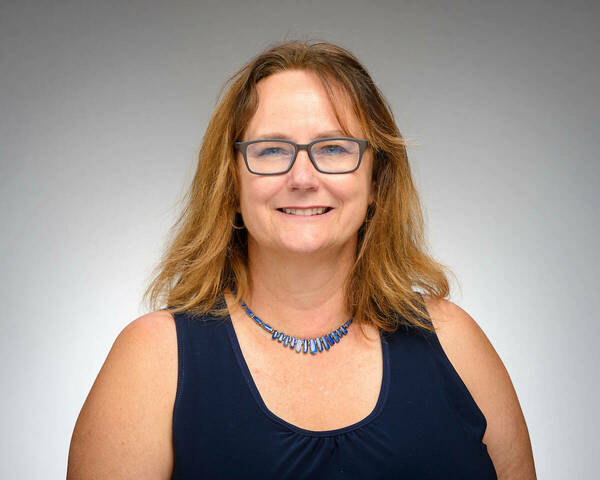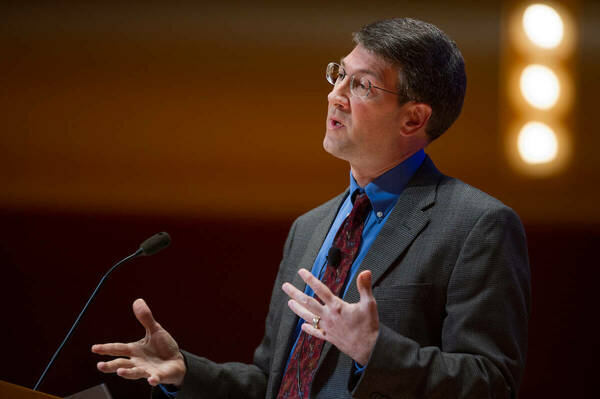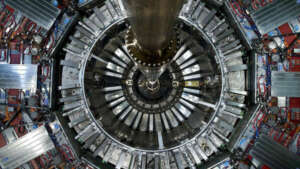The National Science Foundation (NSF) recently announced a plan to invest $12.5 million to promote the principles and practices of Open Science. Two out of the NSF’s ten inaugural Open Science projects will be led by faculty at the University of Notre Dame.
Natalie Meyers, Associate Director of Operations and professor of the practice at Notre Dame’s Lucy Family Institute for Data & Society, said the funding will support researchers as they create two hubs for making data FAIR—findable, accessible, interoperable, and reusable.
Meyers explained, “The FAIR principles are core Open Science principles. We know that by practicing Open Science you help your future self as well as the broader community. You enable scientists and even machine learning algorithms to make new discoveries, and you empower organizations and individuals who can use your data to make a difference.”

Thanks to nearly $1.5 million in new funding from the NSF, Meyers will join Luis Felipe R. Murillo, an assistant professor in the Department of Anthropology, to establish a hub for open social and environmental research called SEEKCommons (Socio-Environmental Knowledge Commons).
Murillo, who is also an affiliate of the Notre Dame Technology Ethics Center (ND-TEC), said the project is “an effort to bring social scientists and environmental scientists together in careful collaboration with those most affected by climate change.”
“The SEEKcommons team will include not just researchers but also technologists and climate activists from the HDF Group, a scientific software expert group, and the Open Environmental Data Project (OEDP), a nonprofit organization that specializes in environmental data access and use,” Murillo said.

The team plans to design, implement, and support “open technologies,” including software and data that people can freely study, modify, redistribute, and improve.
For Murillo, the project represents a renewed way of thinking about technology. “We’re fundamentally interested in technology for community making,” he said. “When we have open technologies, we can leverage them to support the communities that need to address very complex climate issues that cannot be mitigated by environmental science alone.”
Another Notre Dame-led NSF Open Science project, which was awarded nearly $1.5 million, will focus on high energy physics. Led by physics professor Michael Hildreth, the project will create a cyberinfrastructure that unites high energy physics researchers around the world.
Hildreth and his team will establish “a continuous pipeline between the data and results” for particle physics research. Rather than research projects ending in a single, published journal article, researchers using the new hub will be able to supply data dynamically, creating what Hildreth calls a “living publication.”

Hildreth is part of the Compact Muon Solenoid (CMS) Experiment at the European Organization for Nuclear Research (CERN) in Geneva, Switzerland, where he played a role in the discovery of the Higgs boson. Hildreth hopes his new project can help the global physics community continue to characterize and better understand elementary particles.
A longtime proponent and pioneer in Open Science, Hildreth says he welcomes the new awards and the paradigm shift they represent.
“Tools that make data easily accessible help everyone. Building those tools is a great opportunity to be at the tip of the spear, to do work that helps the rest of the research community.”
Contact:
Brett Beasley / Writer and Editorial Program Manager
Notre Dame Research / University of Notre Dame
bbeasle1@nd.edu / +1 574-631-8183
research.nd.edu / @UNDResearch
About Notre Dame Research:
The University of Notre Dame is a private research and teaching university inspired by its Catholic mission. Located in South Bend, Indiana, its researchers are advancing human understanding through research, scholarship, education, and creative endeavor in order to be a repository for knowledge and a powerful means for doing good in the world. For more information, please see research.nd.edu or @UNDResearch.
Originally published by Brett Beasley and Bella Laufenberg at research.nd.edu on October 26, 2022.
